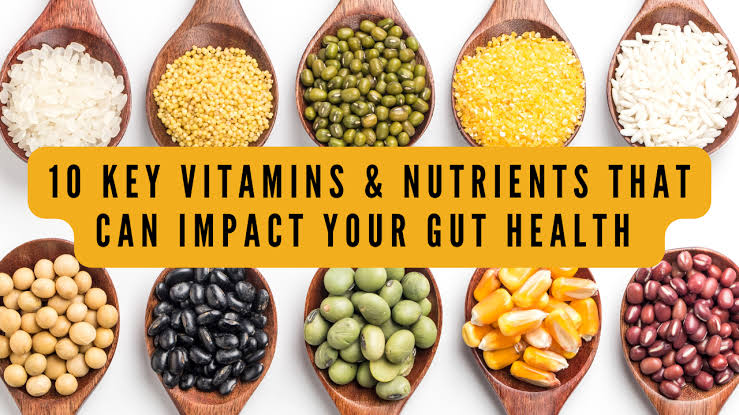German Dr. Thomas Freeling declared that the intestine is responsible for immune protection, production of vitamins, and absorption of nutrients.
Freeling points out that the condition of the digestive system directly affects the health condition of the body. Therefore, it is necessary to take care of it, choose the appropriate foodstuffs, and add them to the daily diet.
He adds that the human intestine contains 70 percent of the cells of the immune system, especially in the mucous membrane of the digestive system. The bacteria present in it need nutrients for the intestines to function properly, because otherwise, the consequences can be serious.
The doctor points out that due to malnutrition, the risk of infection and chronic diseases increases, including cancer and cirrhosis. But proper nutrition helps the proliferation of beneficial bacteria in the intestines and suppresses harmful bacteria.
“Because the bacteria in the intestine interact with the immune system and nervous system,” he says.
Freeling reveals three foods that are harmful to the intestines:
Sugar- Many people love to eat chocolate, sweets and pastries. But when these substances are consumed regularly and regularly, it leads to rapid weight gain. The same thing happens with bacteria in the intestinal mucosa. These bacteria quickly break down sugar, causing their proliferation to accelerate, and this negatively affects intestinal health.
Cured and smoked meats – The problem is that carcinogenic substances may appear in sausages and other cured meats, after they undergo heat treatment. That is, consuming such substances on a regular basis can cause pancreatic cancer.
But there are foodstuffs that are beneficial for intestinal health, such as foods that contain natural dietary fibers and are easily soluble in water. Eating these substances on a regular basis improves bowel function and the digestive process. Among these materials: He says, “Smoked sausage is part of our diet. However, it is not recommended to eat it regularly and daily. Rather, it can be eaten once a week, because in this case it will not have serious consequences.”
“Bad” fats – The doctor warns of the negative impact of “bad” fats found in mayonnaise, margarine, and lard, because they form an additional burden on the intestines.
Bananas – Bananas are rich in the natural substance edulin, which positively affects the proliferation of anti-inflammatory bacteria in the intestine.
Fish – As fish is known, it is rich in fatty acids, which positively affect the nutrition of the intestinal mucosa and enhance the body’s protective function.
Potatoes with their skin – Potato skin contains butyric acid, which also contributes to protecting the intestines and has a positive effect on the intestinal mucosa.
Fermented cabbage – This substance activates the fermentation process, maintains the health of the intestinal mucosa, and suppresses the activity of pathogenic bacteria.
Black bread – Black bread contains important carbohydrates and dietary fibers necessary to strengthen the immune system.
The doctor also advises eating legumes, spinach, and carrots because they are also rich in dietary fiber. It is recommended to strengthen the immune system, following a balanced diet, and exercising regularly outdoors as well.

